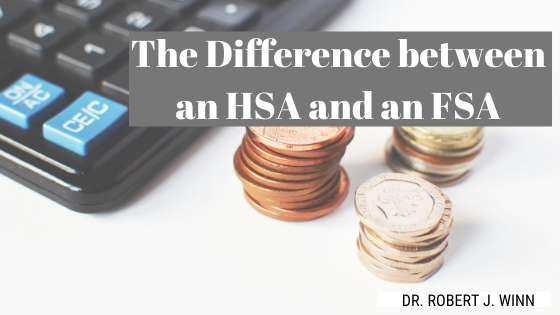The US government offers many citizens the opportunity to save on their taxes and take care of medical expenses at the same time. Two options allow for this benefit. These options are either a flexible spending account or a health savings account, also known as FSAs and HSAs.
Flexible Spending Accounts
Flexible spending accounts are set up by employers to help employees deal with medical expenses. Employees are limited as to how much they can save for their families. The maximum contribution for 2019 is $2,700. Contributions are made on a pre-tax basis, and this allows account holders to cut down on the amount they have to pay to the IRS within the year the money is saved. Additionally, reimbursements for medical expenses are made on a tax-free basis. Therefore, the money is not taxed when it’s spent as long as the money goes toward qualified medical expenses that include dental and vision expenses. There is one significant negative associated with an FSA. The funds must be spent in the year it’s saved. Some plans allow for a rollover of $500 to the next year, but employees lose any additional funds that are leftover at the end of the year.
Health Savings Accounts
To contribute to an HSA, an employee must enroll in a high deductible health plan, also known as an HDHP. As of 2019, these plans have to have deductibles of at least $1,350 for an individual or $2,700 for a family. These accounts come with a higher contribution level. Individuals can contribute $3,500, and families can contribute $7,000 to an HSA. This amount is adjusted each year to account for inflation. Like FSA contributions, HSA deductions are made on a pre-tax basis. Employees can take their HSA savings with them after they leave an employer. This is not the case with an FSA. Employees who can avoid medical expenses can roll over their savings each year. After reaching age 65, they can use the funds as a back-door retirement plan. If funds are used for a reason other than medical expenses before age 65, there is a 20% penalty assessed on the withdrawals.
FSAs and HSAs provide benefits for employees. Both allow taxpayers to reduce taxable income, and both enable people to pay for qualified medical expenses on a tax-free basis. There is more flexibility with an HSA, but it depends on your specific health situation as to which type of plan is better for you.


